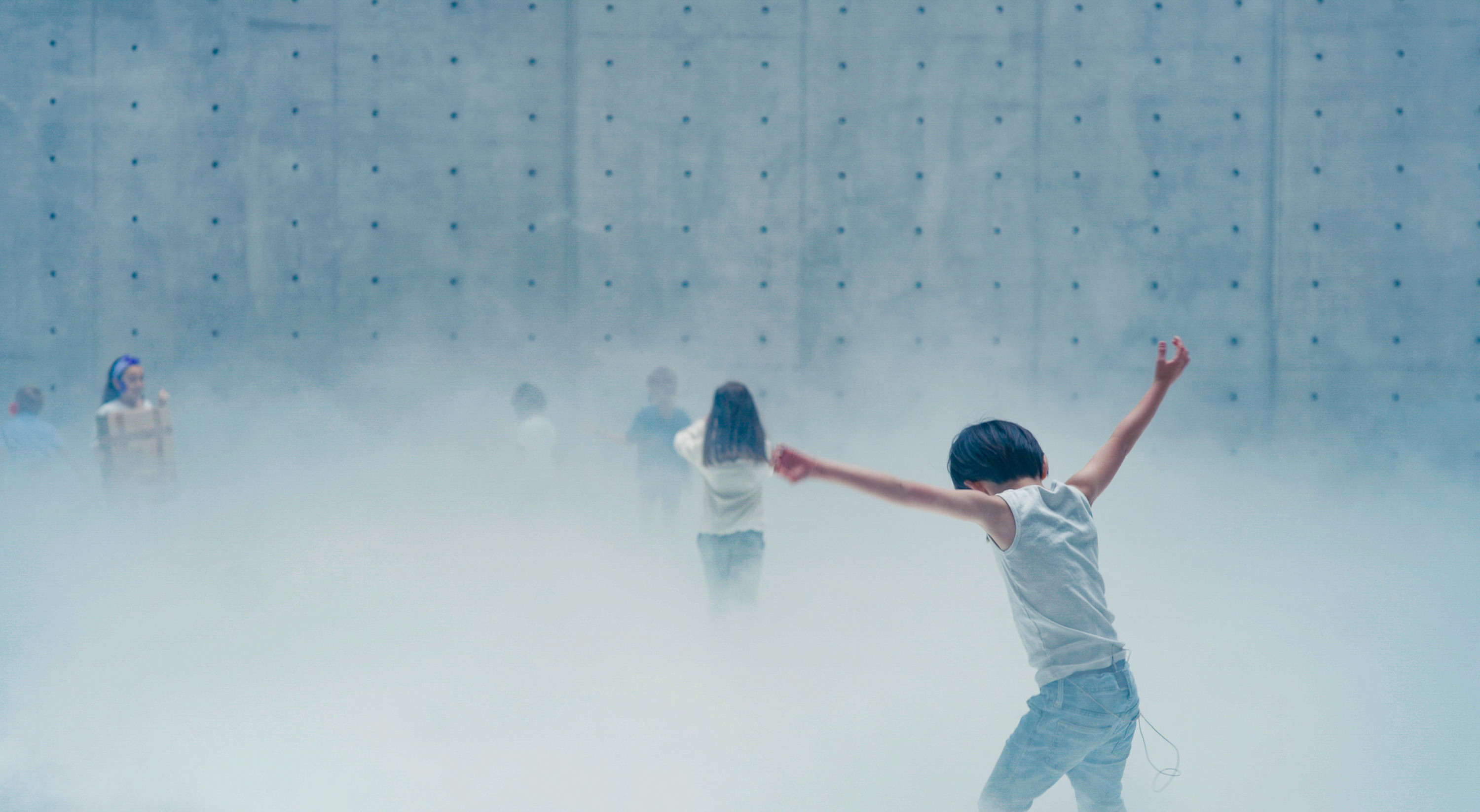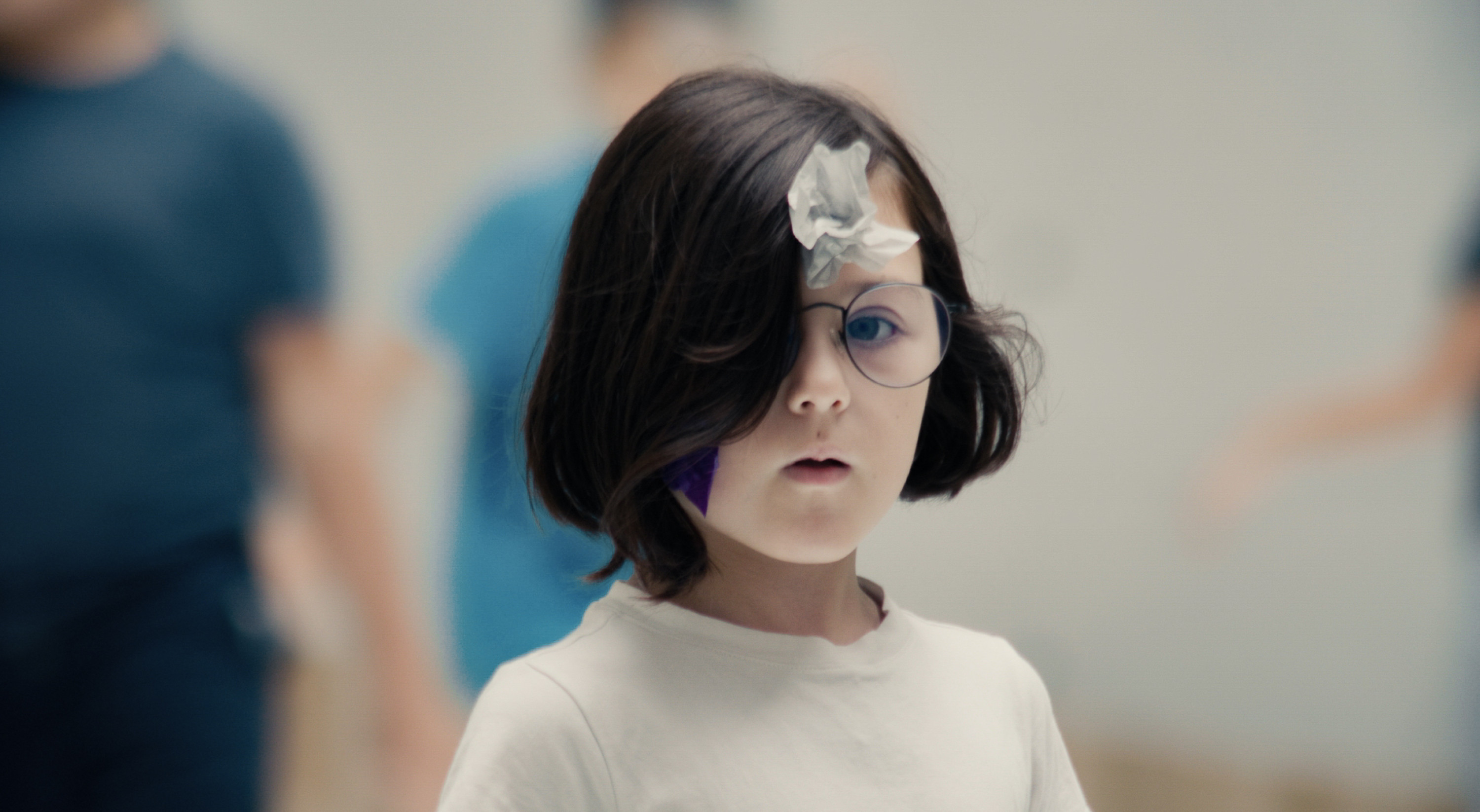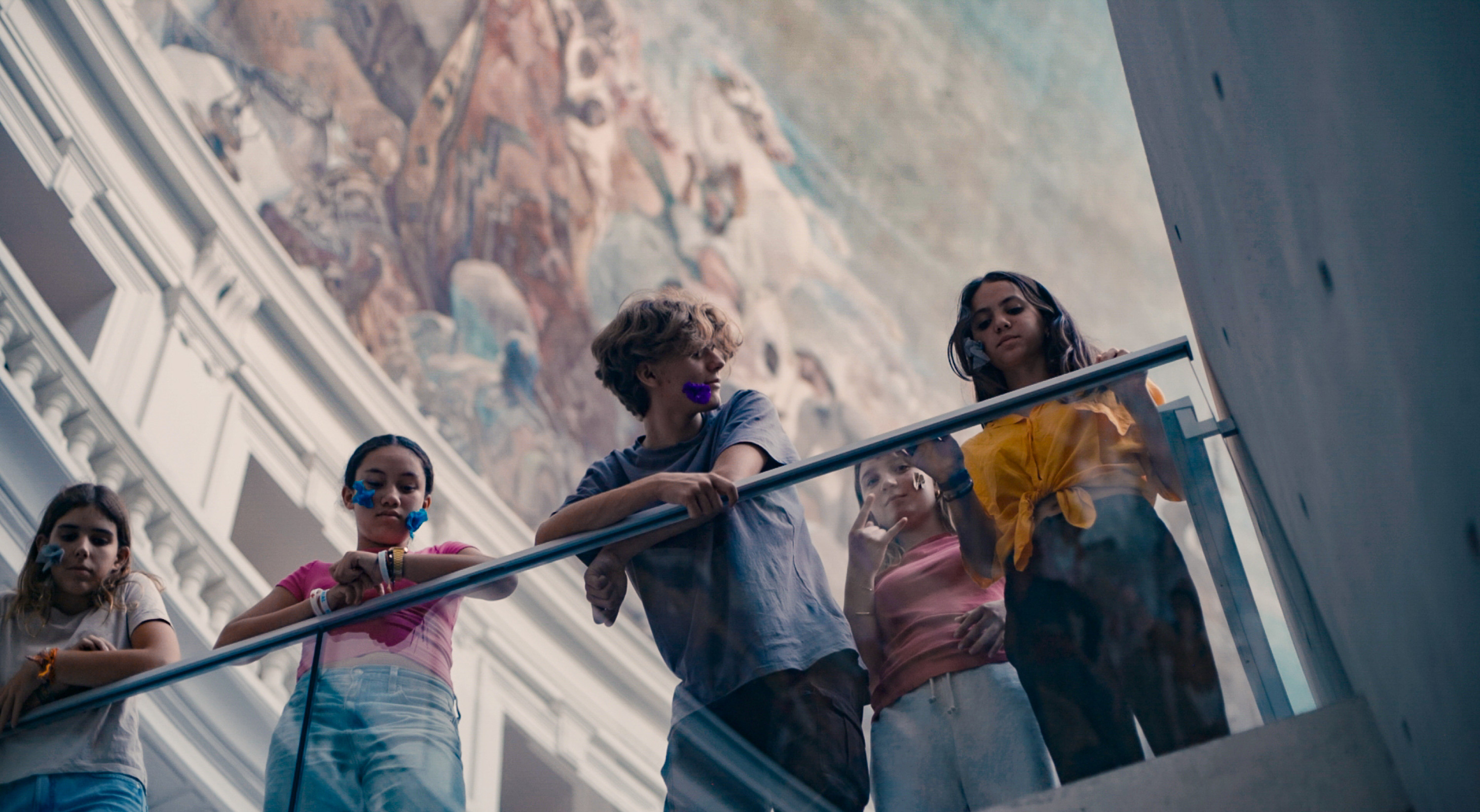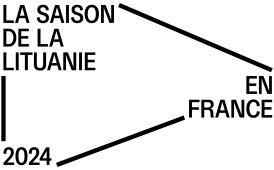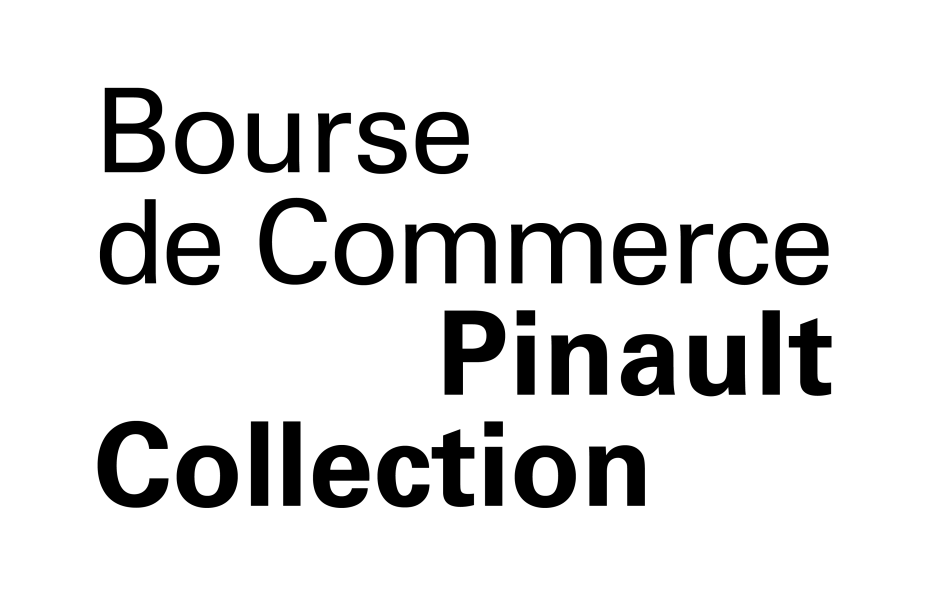Lina Lapelytė
The Speech
septembersept 11 – 13
Conception, direction and composition Lina Lapelytė. Artistic collaborator Paola Cordova. Scenographer Rūta Kiškytė. Choreography advisor Liza Baliasnaja. Light / conceptual advisor Martynas Norvaišas. Producer / studio manager Gabrielė Golubovičiūtė. With Blanche Giraudon, Lou Lenormand, Lisa Rinsoz et Madeline Tual and a large group of children. Stage / set coordinators Nicolas Prosper and Tanguy Sayag. Participating schools collège Saint-Joseph, école élémentaire de la Villette, école élémentaire Claude-Vellefaux, école élémentaire Jardinet.
The Festival d’Automne à Paris is producer of this show and present it in co-realisation with Pinault Collection.
Organised as part of the Lithuanian Season in France 2024.
Artist Lina Lapelytė explores performance through music, sound, and the visual arts. As a gathering of children and teenagers, this new large-scale performance, titled The Speech, invokes nature to speak about relations and care, as well as the failure of language.
The Speech extends Lina Lapelytė’s conceptual and site-specific experimentation into the connection between sound and togetherness. As such, the performance’s premise initially stresses a rupture: that experienced by increasingly urbanized generations, ever further separated from natural environments. Here, the artist wonders how the memories and fantasies that animals might evoke in youths can be rendered through sound. Play becomes a key tool in prompting these associations through a chorus of voices. What might emerge is an unexpected soundscape composed of vocalizations that form chimerical reverberations rather than individually recognizable sounds. It is perhaps this very sonic camouflage, at the core of the piece’s partition, that best evokes our growing distance from companion species. It is also through this shared venture that the artist examines kinship within a group, gathering children and teenagers alike. Tender connections might be rekindled through the very act of sounding together in a world where language is used to manipulate and control.
Interview with Lina Lapelytė
In the same place
